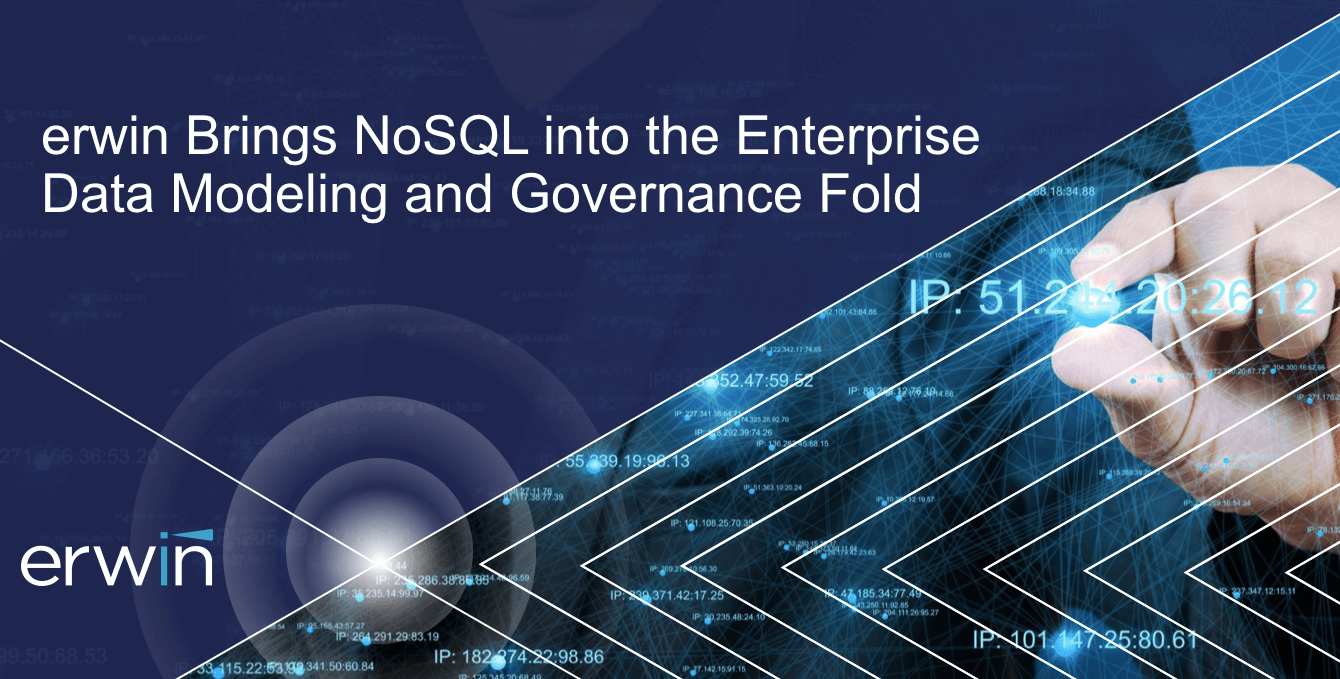“NoSQL is not an option — it has become a necessity to support next-generation applications.”
That point appeared front and center in The Forrester Wave: Big Data NoSQL report last year.
The research firm cited that 29% of technology decision-makers queried for its 2016 survey already had implemented or were implementing NoSQL technology, and 12% were expanding or upgrading their deployments.
The broad appeal of the technology to nearly every business sector, with projections that the NoSQL market will be worth $4.2 billion by 2020, shouldn’t come as a surprise.
The growth of unstructured big data that plays an increasingly important role in business analytics; a desire for increased developer agility and data storage flexibility as project requirements evolve; and the rise of web apps where scalability and high availability are essential requirements all have combined to promote NoSQL’s value to the enterprise.
But there’s a catch with using NoSQL databases: Users haven’t enjoyed access to the same quality of tools to model, govern and manage their NoSQL data as they’ve long had for relational databases.
This creates issues on a number of fronts. IT has experienced difficulties in discovering and visualizing NoSQL data structures with an eye to maintaining quality, as well as enterprise architecture and business process contextualization, for example.
It’s also been thwarted in its quest to map disparate data sources into a single, logical enterprise model for improved governance and collaboration on model representations. And migrations from relational databases to NoSQL, or vice verse, aren’t easy to accomplish.
Serving the Wish Lists
Businesses have been eager for solutions to help them address these and other concerns. On IT’s wish list is enterprise-class data modeling for NoSQL solutions to aid in creating native models for new web-scale applications and databases; re-using existing models to create new databases; and investigating different scenarios for changing models.
Reporting capabilities are critical to such objectives to help users document and learn about the models, too, and to support overall better control of web development and unstructured data usage.
Automating the creation of platform-specific deployment scripts is in IT’s sites, too, to accelerate the preparation of NoSQL database Hadoop clusters.
Additionally, IT is seeking the ability to reverse-engineer existing NoSQL databases into graphical entity relationship models so that users, developers and administrators can understand and document how data is related across the enterprise.
Simplifying the transformation of relational schema to NoSQL constructs is another desire, ideally leveraging guided de-normalization options to take the pain out of a process that buys scaling and data model flexibility for modern web and mobile apps.
erwin Delivers to Customers’ Most Critical NoSQL Needs
At erwin, we’ve spoken to our customers about all these issues. We know that many of them are particularly focused on meeting modeling and management demands for cloud-based NoSQL document databases – specifically MongoDB – as the platform for their new apps or for relational database migrations.
In fact, MongoDB was cited as the most popular NoSQL database in the Forrester report, with more than 2,000 paying customers that include more than half of the Fortune 100.
Just a few months ago, we issued our latest erwin DM release that provided NoSQL metadata harvesting from a number of solutions, MongoDB among them. Now, we’re taking the next step with erwin DM NoSQL SaaS, an extension for our customers that provides them with a dedicated NoSQL tool to support their on-demand modeling and deployment requirements.
The initial release of the technology, which continues our Any2 (Any Data, Anywhere) strategy, will initially support customers’ modeling and visualization objectives for cloud-based MongoDB environments. That’s just the starting point of a strategy that will ultimately encompass additional NoSQL vendors and deployment options.
erwin DM NoSQL SaaS will let our customers benefit from working in an environment with which they’re already familiar, and sharing features across platforms as much as possible.
You’ll be able to model, govern and manage your unstructured cloud data just like any other traditional database, something no other provider is delivering to its users today. For more information about erwin DM NoSQL SaaS, click here.
